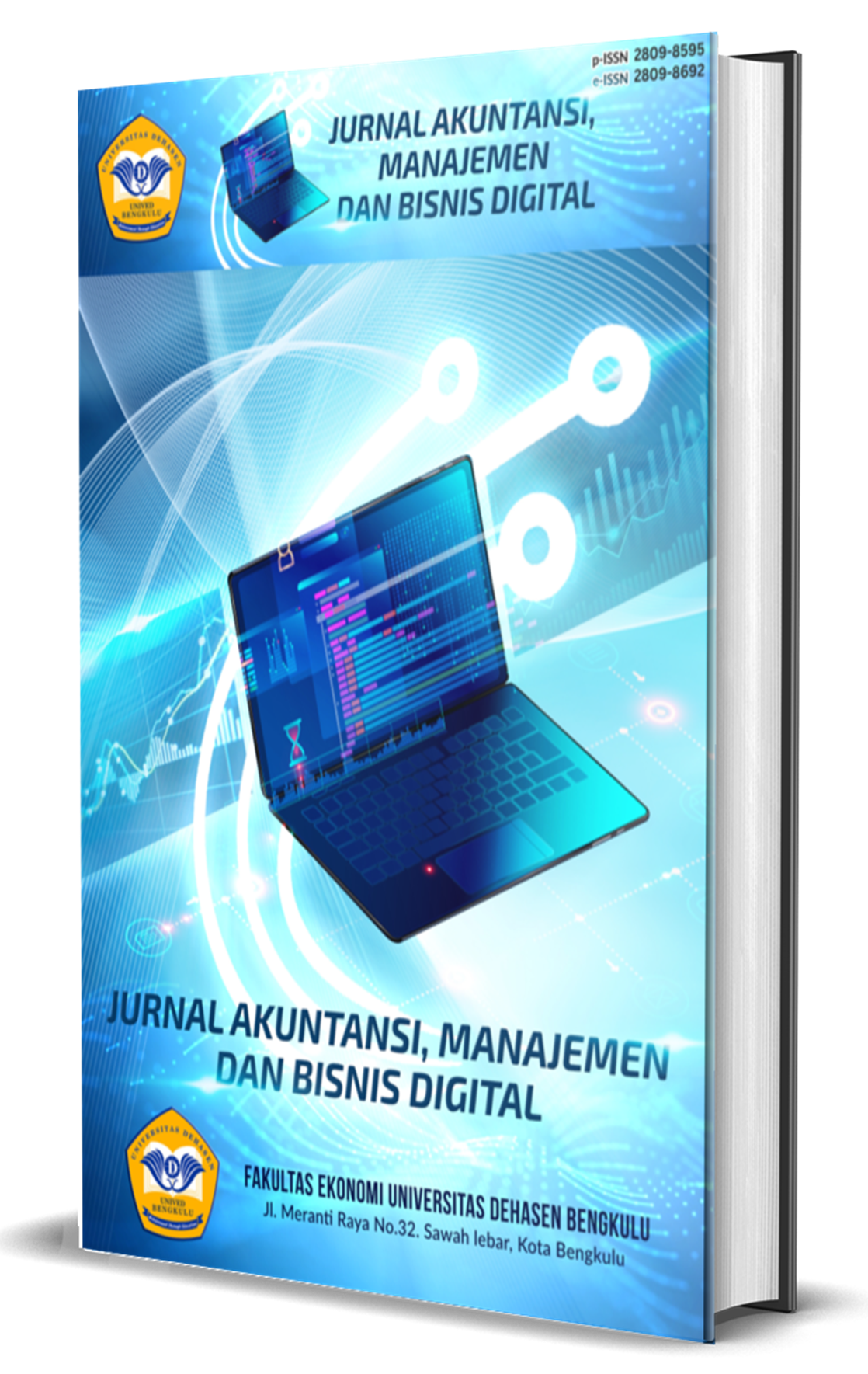Accountability In The Management Of Mulio Rejo Village Funds
Abstract
This study aims to analyze the level of accountability of Village Fund Allocation (ADD) management in Mulyo Rejo Village with a focus on factors that influence transparency and community participation. Using a qualitative approach with a phenomenological method, data was collected through in-depth interviews with key informants (village head, village officials, and BPD members) and secondary document analysis from the village and sub-district governments. The results showed that only 45% of reporting documents met the Permendagri standards, there was a gap between the principle of stewardship (collective responsibility) and the practice in the field, where the centralization of decisions by the village head reduced community participation even though the Village Financial System (Siskeudes) improved village officials were not competent in its operation. This finding reinforces previous studies (Hendaris & Romli, 2021) on the importance of human resource capacity, while criticizing the findings of Dewi et al. (2021) who emphasized information technology. Policy implications include tiered training for village officials, implementation of transparent digital platforms, and participatory audits. This research contributes to the development of local wisdom-based accountability models by considering the unique characteristics of villages.
Downloads
Copyright (c) 2025 Iman Cahyudi Banjarnahor, Puja Rizqy Ramadhan

This work is licensed under a Creative Commons Attribution-ShareAlike 4.0 International License.










